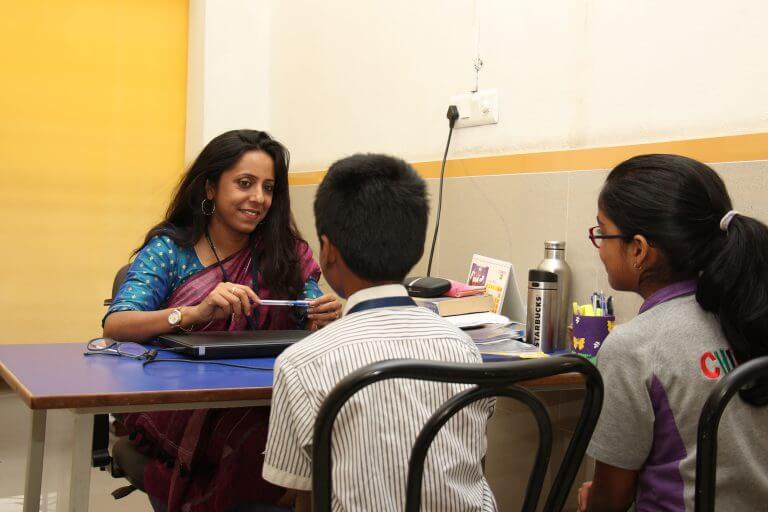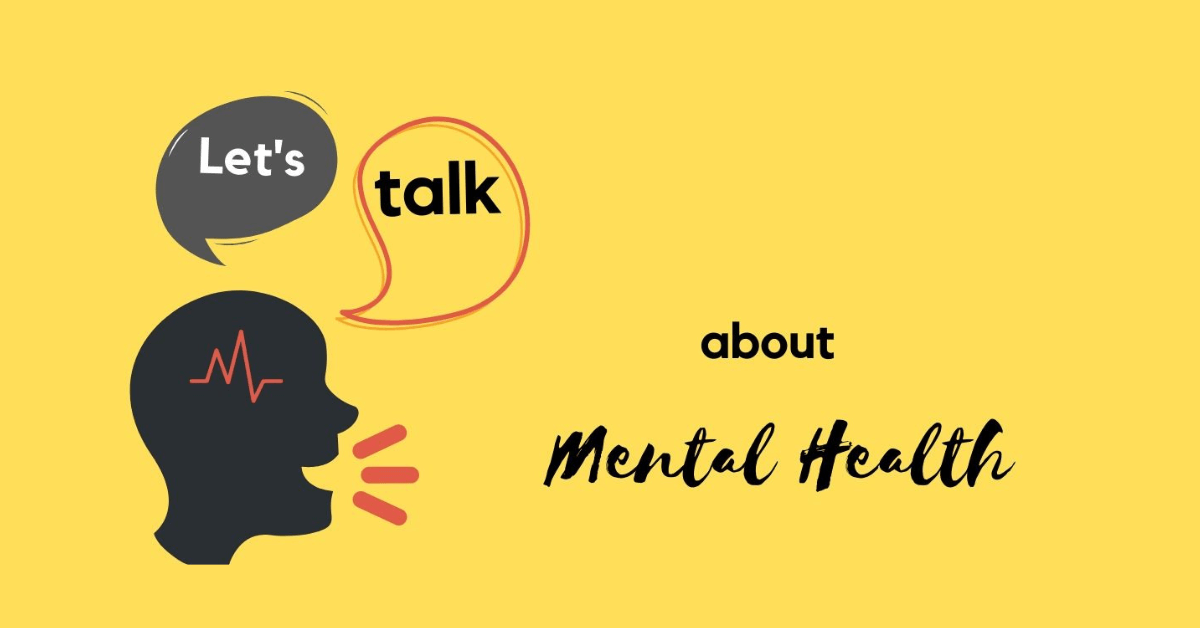The period of adolescence can be compared with an “emotional roller coaster ride” wherein there are days of finding oneself on top of the world, days of feeling utterly low, moments of ecstasy, moments of fear and uncertainty, moments of thrill, confusion and the mood swinging like a pendulum. It is a period of transition from childhood to adulthood which is marked by certain hormonal changes leading to the way one thinks, feels, and looks.
As a mental health professional, over a period of time, I have also been dealing with a lot of teenagers, both girls and boys, with extremely low self-esteem, feelings of worthlessness, hopelessness, deep identity crisis who have intermittent or persistent thoughts of harming themselves and some of them actually do indulge themselves in self mutilating behaviour (there is a progressive increase in the number of such cases) and suicidal ideation. Though one may find it extremely difficult to come to terms with it, it is very important to understand that such acts are a desperate cry for help and not an attention seeking behaviour.
According to Granville Stanley Hall, the pioneering American psychologist and educator, “Adolescence is a period of storm and stress”. Storm refers to the decreased level of self-control and stress refers to an increased level of sensitivity.
So, why are more and more adolescents failing to low self-esteem, depression and self-mutilating behaviour?
From a very early age, many parents try to give their children the best of everything. They understandably and expectedly want their children to be very happy and shield them from all kinds of adversities, unknowingly trying to create the illusion of a make-believe perfect world. As children grow up and particularly when they hit puberty, they gradually come into better terms with reality. Sometimes this reality conflicts with their early years of experience. This is also a very crucial time when they are in the process of developing their identity or have developed one. There are different significant dimensions of a teenager’s life which contribute to the formation of this identity – family, school, peer group or friends, one’s perception of one’s body image, one’s academic performance, co-curricular and creative pursuits and how others, particularly, their peer group perceive them.
As parents, it is extremely pertinent to just not make them happy as they grow up but also allow them to sometimes take disappointments and failures in their stride. This would enable them to be emotionally strong and empower them to overcome small and sometimes big crisis in life on their own.
Also, creating a make-believe happy world by the parents only ends up crippling them, not allowing them to test their inner resources when they face challenging situations in puberty sometimes giving rise to feelings of low self-esteem, depression and self-mutilating behaviour. Early experiences of bullying (which in many cases go unaddressed), social exclusion, and not fitting in a new environment can also cause irreparable damage to one’s own sense of self-worth and emotional well-being.
How is CHIREC helping the students to deal with feelings of low self-esteem, depression and self-mutilating behaviour?
At CHIREC, regular group sessions are taken by the counsellor on relevant adolescence issues like puberty, bullying, developing healthy communication pattern, bridging the gap between parents and children, social inclusion and empathy, anger management, effective study habits, stress management, etc. Many of these issues, when left unaddressed, have often been found to trigger feelings of low self-esteem, depression, self-mutilating tendency, and suicidal ideation.
Why is it important to talk about mental health of students?
A school is an institution which looks at all round development of a child – academic, physical, social, co-curricular, emotional, and mental development too and most of these facets are also interdependent. Mental health is directly related to educational outcome. Children spend a significant part of the day in the school wherein they bring a lot to school from their respective home environments and take a lot back from school. To perform well academically according to one’s potential and to develop healthy social relationships and interests, it is imperative for any child to be emotionally and mentally sound. During my counselling sessions, when I take the early childhood history as much as one can remember, I often learn that the problem has its genesis in the childhood years which is strongly indicative of the fact that mental health issues sometimes begin at a very early age. Hence, having a system in place to address the mental health needs of students from the formative years is vital.
What do I do as a counselor to help students overcome such issues?
As a school counselor, I work very closely in tandem with the school management and teachers. I observe students both in formal and informal settings. High school students often approach me on their own and discuss a whole range of issues – anxiety, examination phobia, bullying, social exclusion, peer pressure, issues with parents, issues with body image, anger and stress related issues, depression and self-harming tendencies too. Referrals also happen from the parents, teachers, and various in charges (when they observe early warning signs or any disturbing behavioral change). I try to provide a very supportive and non-threatening environment where they can let their hair down and open up without any inhibition. For perceptible and sustained positive change in the child, sometimes parents are also involved because rarely does any issue present itself in isolation.

What role can parents play in raising a child’s morale and make them emotionally strong?
From the formative years, parents need to lay the foundation to enable children to handle disappointments, setbacks and failures on their own (of course depending on the severity), which is an inevitable part of life and not always cushion and comfort them. It is important to have consistency in parenting and disciplining from both the parents as far as possible. The child should always feel confident and comfortable to confide about his or her woes in at least one parent. From the primary school years, parents should always have an awareness of the child’s overall behaviour and demeanour in school and just not just his/her academic performance, the peer group, and friend circle and hobbies. This is possible when parents are in touch with the teachers on a regular basis. It is extremely important to communicate and listen to them and ensure complete emotional support. Further, for sound emotional health, a healthy diet, adequate sleep, positive and satisfying connections are necessary. A balance between physical activity, socializing time, and screen time also helps. Encouragement of the child’s strengths and breaking down problems into smaller parts and analyzing them from a different perspective also comes handy.
Some red flags or symptoms to be watched out for are:
- A sad or irritable mood for most of the day or for many days.
- Not wanting to go to school.
- Sleeping too little or too much.
- Eating very little.
- No longer wanting to socialize.
- Trouble focusing, making choices, perennially procrastinating.
- Decline in academic performance.
- Not enjoying things that he or she did earlier.
- Low energy with feeling of worthlessness or guilt.
- Indulging in self harming methods when faced with any kind of stress.
It is important to seek professional help when one observes some or many of these symptoms occurring together in one’s child as it can be indicative of depression. It is also important to understand that at any point of time, any of these signs can occur in any child who is not depressed.
Most importantly, the good news is, one can recover well with treatment!

Ms. Moutushi Choudhury
Behavioral Counselor
“It doesn’t matter what you have but what you are” is my innate belief in life. Having completed my post-graduation in human development and post graduate diploma in psychological counseling, I worked extensively in the development sector in the fields on gender, substance abuse, HIV/AIDS and mental health. This is when I felt a deep need to connect with people on an emotional level and hence, I made a deeper foray into the world of counseling. Books, music, traveling and friends are my elixir! At CHIREC, working with the adolescent age group has been an extremely dynamic and exhilarating experience as there are new challenges each day!
![CHIREC est1989 logo 2019[22] CHIREC est1989 logo 2019[22]](https://www.chirec.ac.in/wp-content/uploads/sites/15/2023/11/CHIREC-est1989-logo-201922.png)




